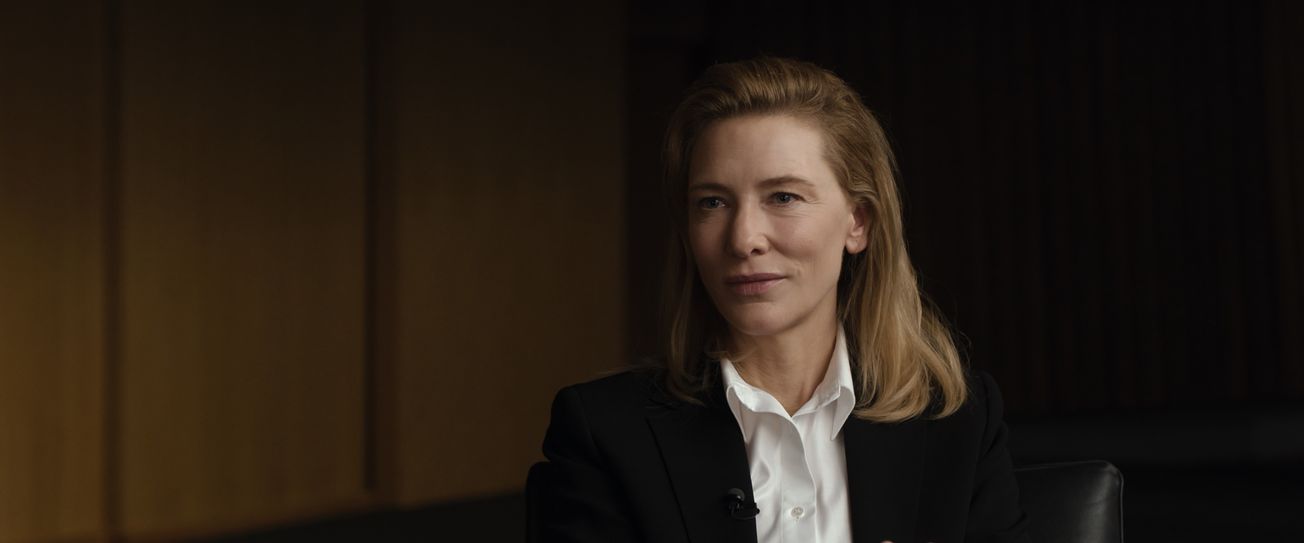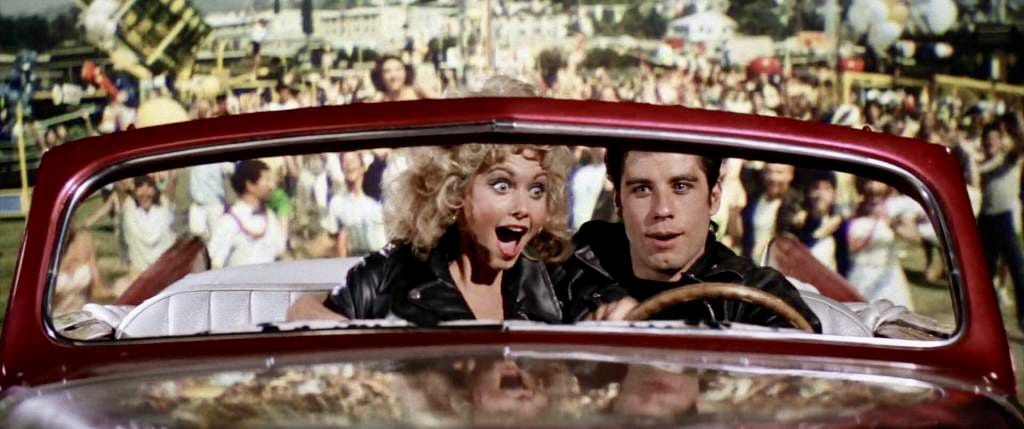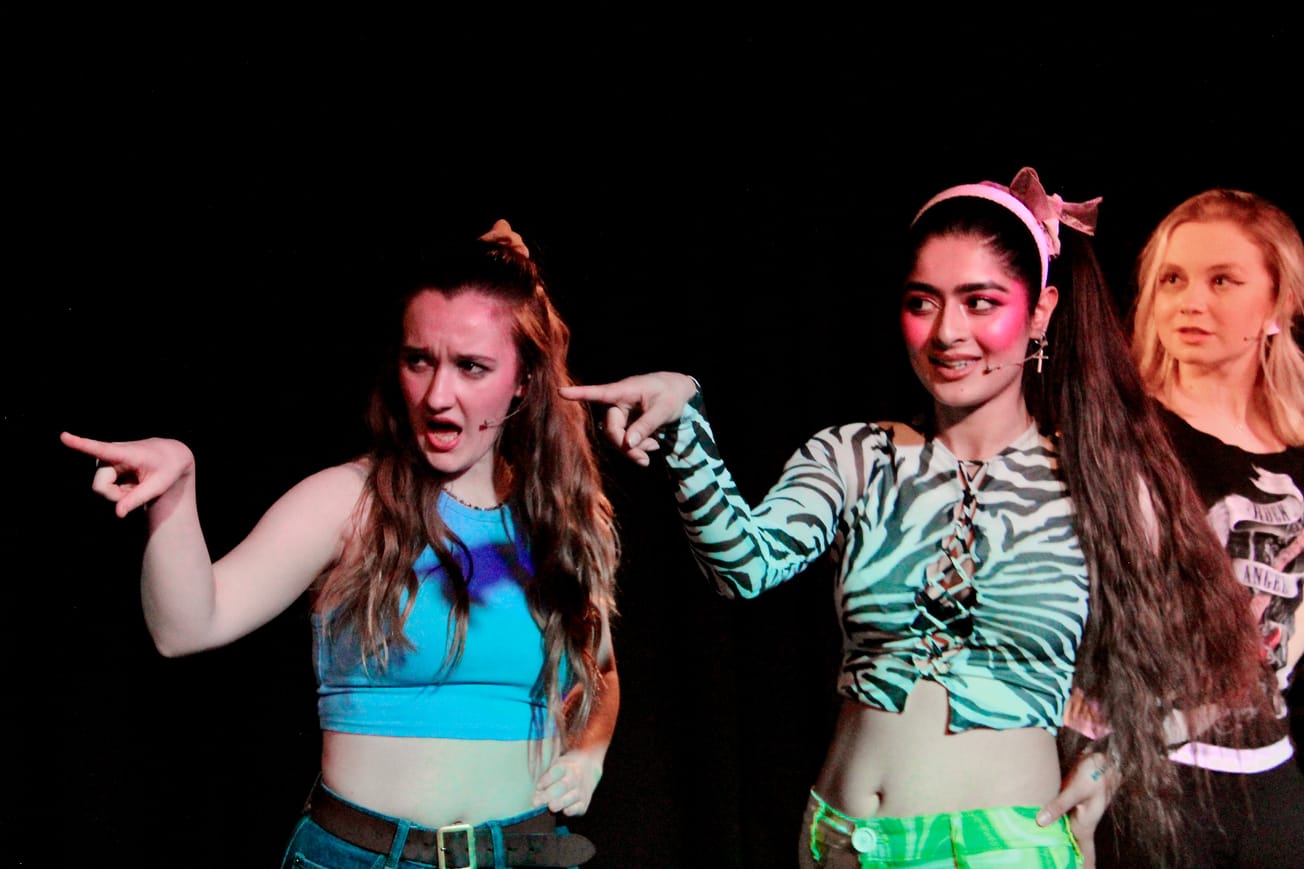By Frankie Raudnitz, Third Year, English
Tár (2022) is set in the intriguing international world of Westen classical music. The– entirely fictional– Lydia Tár (Cate Blanchett) is widely regarded to be one of the most successful living composers/conductors of her time and a trailblazer for female conductors. Slowly, allegations of misconduct begin to surface, whilst her abusive, manipulative and selfish personality does her no favours. The film follows her dramatic fall from grace.
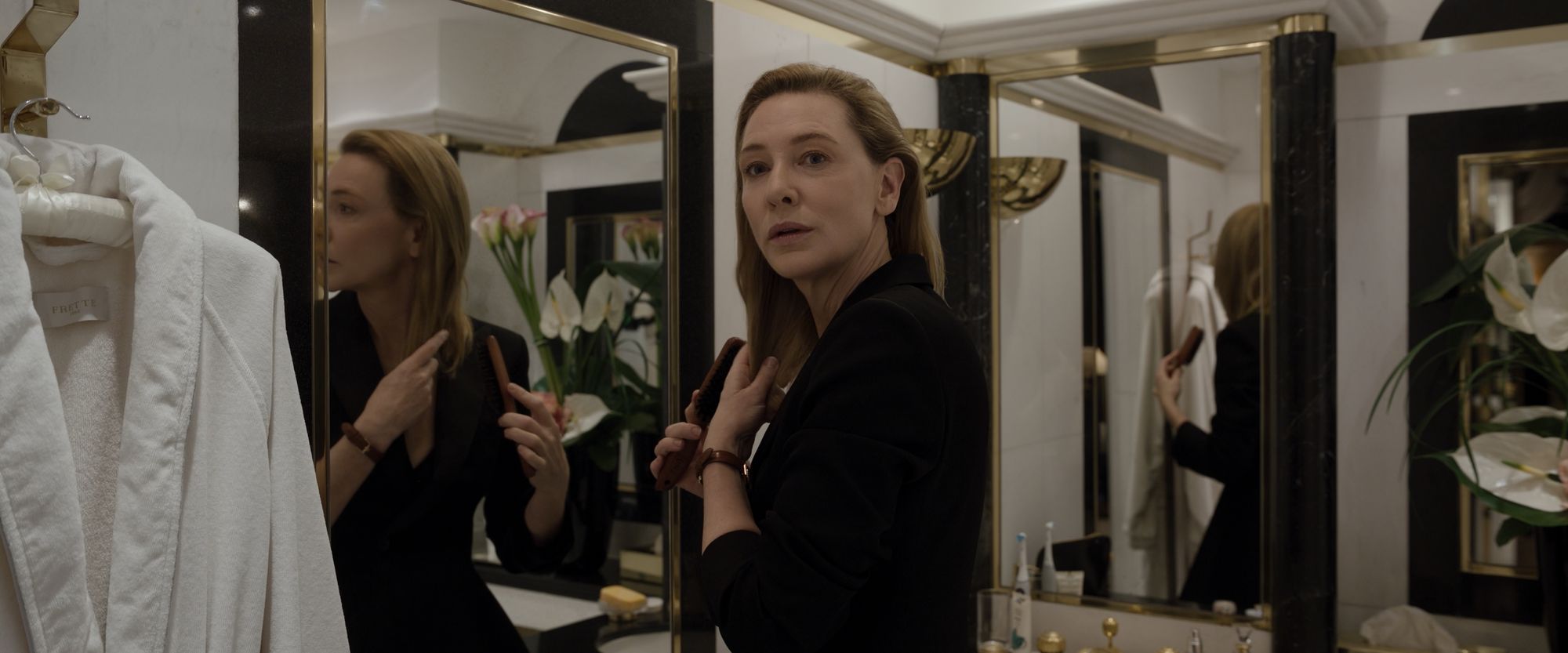
At its core, Tár is a commentary about the recent surge of the #MeToo movement and ‘cancel culture’, but to reduce it to just that would be oversimplifying it entirely. The film is two hours and forty minutes of stunning visuals, gut-clenching tension and scintillating performances.
Much of Todd Field’s masterpiece dips into points of abstract horror, with unexplainable moments littering the film and building a sense of unease and darkness.
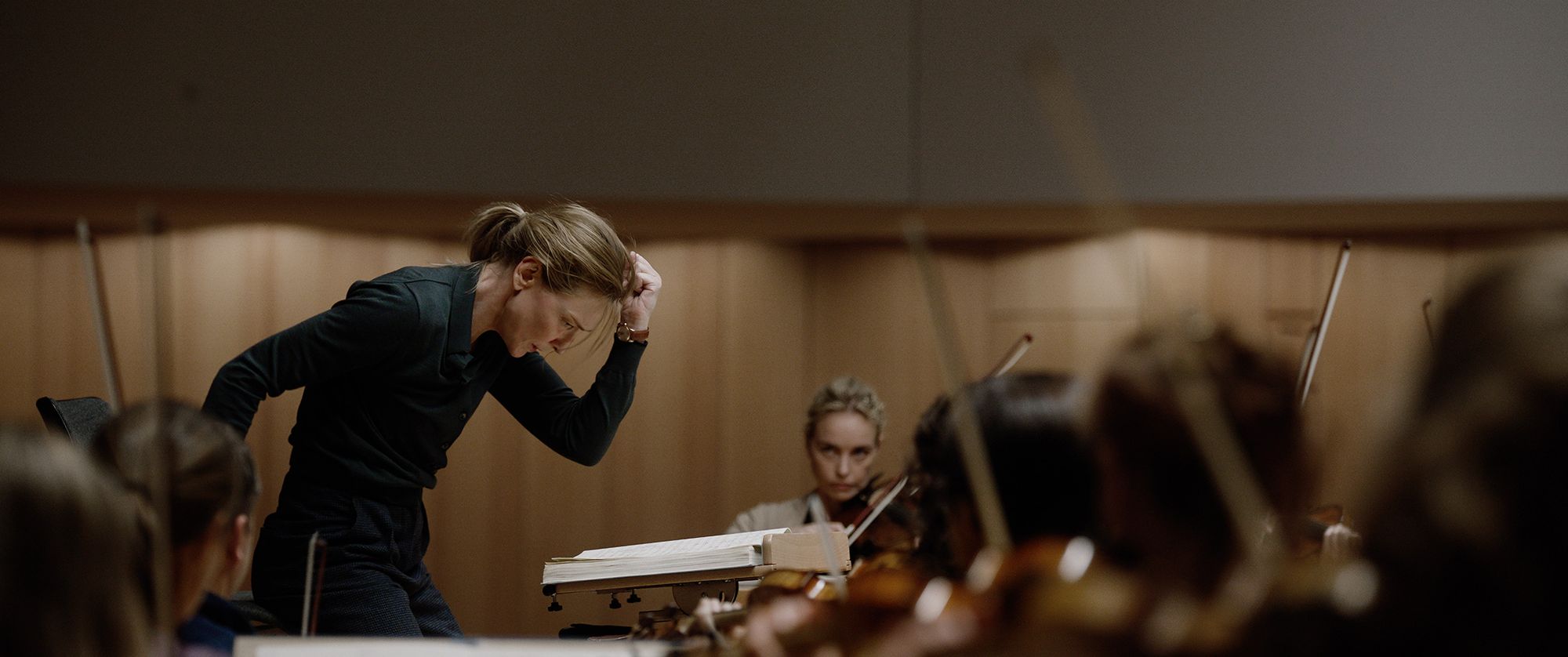
The most impressive element of the film is Cate Blanchett’s performance. Written solely with Blanchett in mind, Lydia Tár combines enigmatic confidence, control and talent with a very dark side. She belittles her assistant (Noémie Merlant), whom she knows is vying to become a conductor herself, hanging her on a string without ever letting her go.
Tár will do anything to get what she wants, from purposely choosing a cellist she finds attractive to be in her orchestra to rigging a solo in order to spend time alone with her. Tár’s confident inconsistency shocks throughout the film, but the conductor carries it off with such confidence that you barely notice it happening.
She is known for commissioning work by female composers but insists that bias against women has ceased. She sets up a programme for budding female conductors but uses it to unfairly favour and exploit (mostly younger) women who she finds attractive.
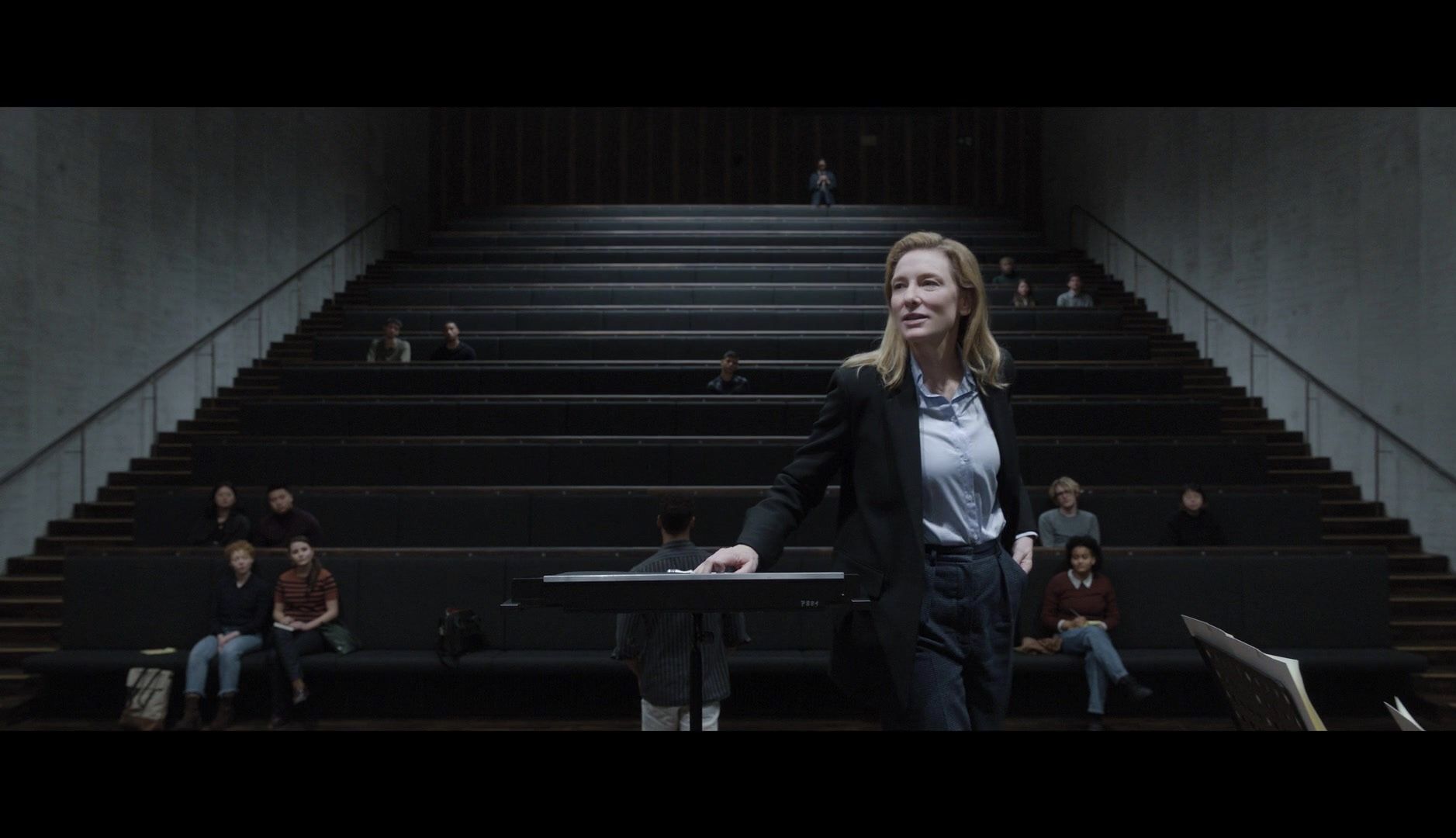
Blanchett handles the topic of female abusers with care and nuance, embodying a sense of masculinity and dominance in the film. You cannot take your eyes off her.
Despite being central to the plot, the allegations against Lydia Tár are never fully embellished beyond a badly-edited Twitter video or a one-sentence newspaper clipping. The vagueness of the allegations that Lydia has ‘enticed and groomed young women’ leaves almost everything to the imagination.
Krista Taylor is Lydia’s most prominent victim in the film, but we only ever see the young woman’s desperate emails and the back of her head as she watches Lydia in an interview.
The lack of attention on these allegations makes Lydia Tár a mere symbol of how corrupting power can be, and the film is far more focused on her complex personality than an elaborate court case.
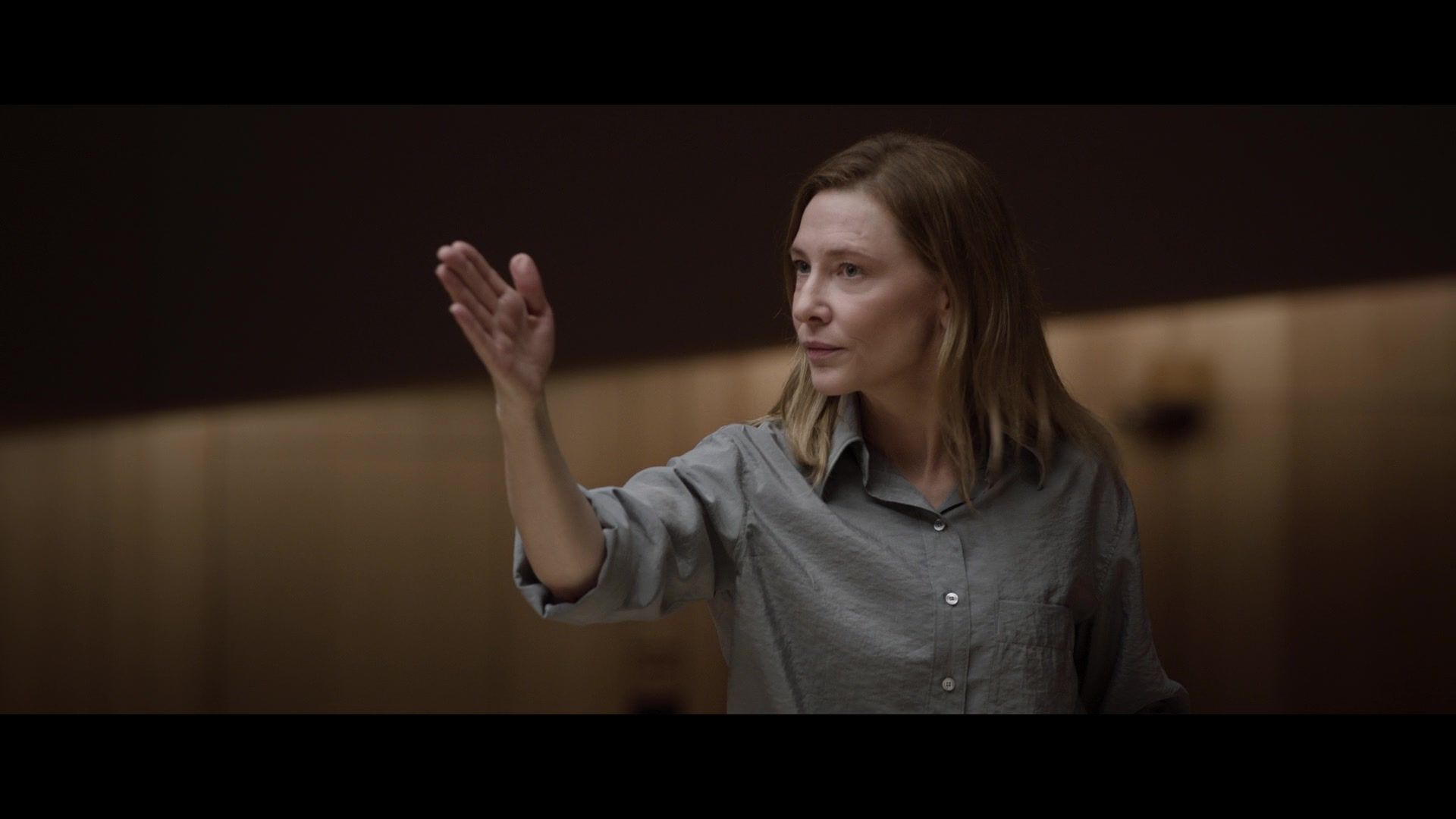
Alongside Lydia Tár’s emotional intensity, the unrelenting brutalist spaces created by production designer Marco Bittner Rosser don’t give you an inch to breathe. The visuals are angular, cold and sparse, reflecting Lydia’s inner world.
Where visuals offer no moments of warmth or catharsis, the sound design in the film is also impeccable. Lydia’s reliance on her ears is central to her career, which is, fundamentally, her identity.
As her stony exterior gives way to a woman cracking under pressure, sound is the main thing that haunts her; a rogue metronome, the fridge light buzzing in the middle of the night, or a mysterious ‘dinging’ sound.
The moments of silence are also crucial in the film. They are even more haunting in comparison to the booming orchestra or detailed background sounds.
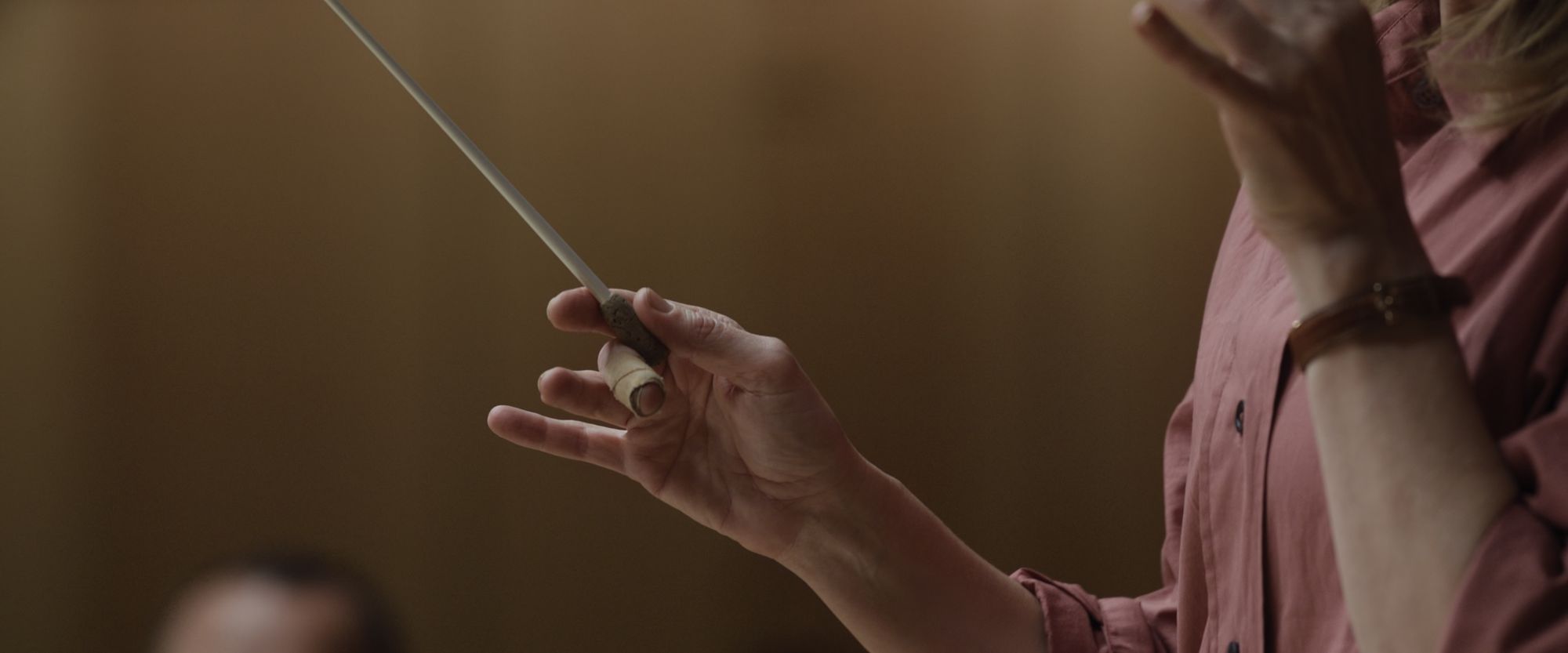
Tár is an incredible film. The rigorous attention to detail is what makes it so special - Lydia’s idiosyncrasies, the framing of each shot and the subtlety of each individual look from the actors. The field doesn’t let up for a second, down to the film’s credits, which open with all those who work behind the scenes at the bottom of the movie ‘food chain’ and end with the actors and musicians who usually bask in all the glory.
Fundamentally, Tár is about power, control and corruption, and you will be left thinking about it for days after.
Featured Image: IMDB
What did you think of the film's message?

